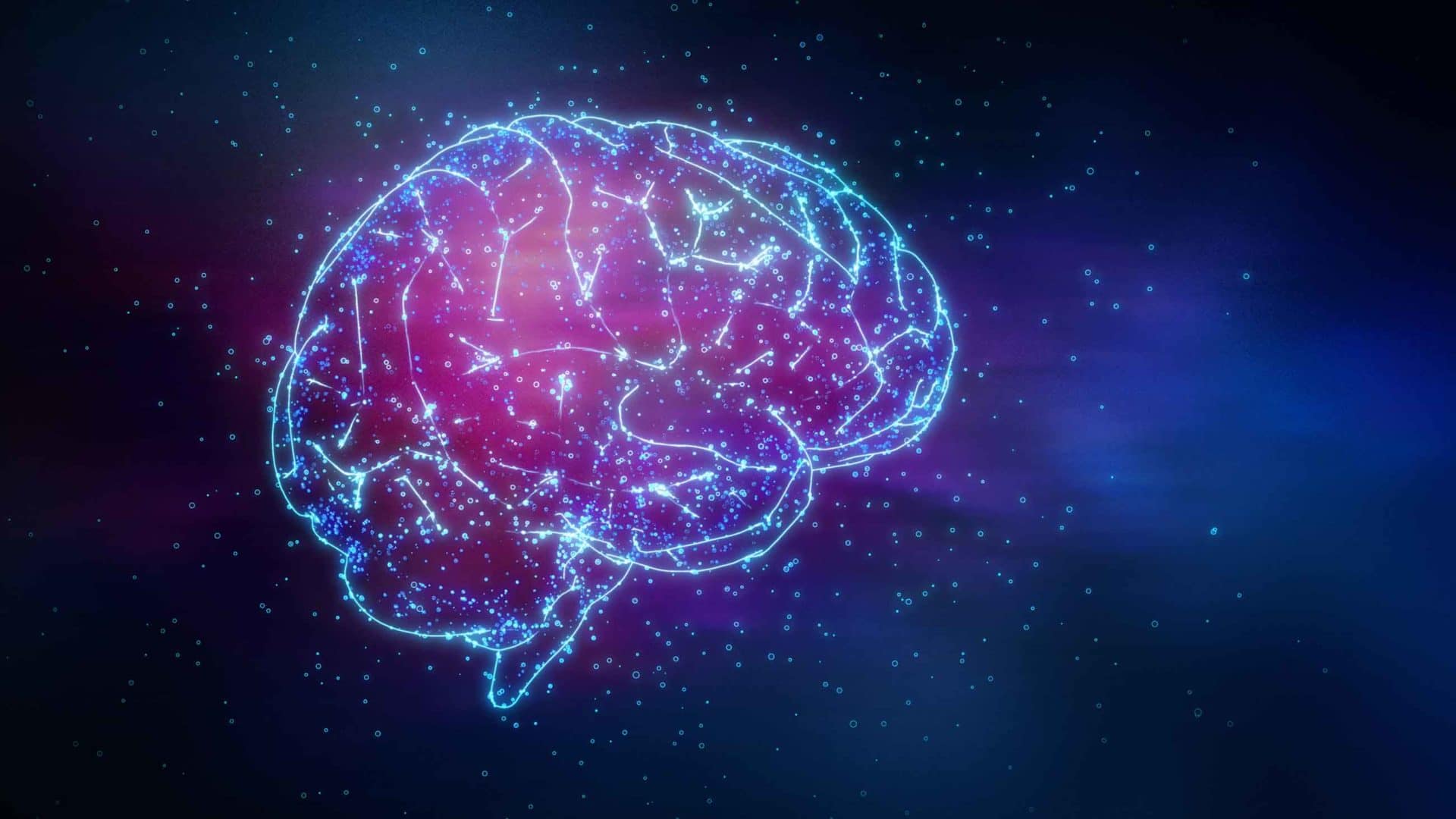This report aims to provide an in-depth understanding of MDD with Psychotic Features, its symptoms, and its implications for deliverance ministry.
Introduction
Deliverance ministry plays a significant role in many Christian communities, focusing on the spiritual practice of addressing and expelling demonic influences. However, it is crucial to acknowledge that some manifestations of distress, often perceived as spiritual attacks, can have underlying medical causes. One such condition is Major Depressive Disorder with Psychotic Features (MDD with Psychotic Features), which can present with symptoms that might be mistaken for demonic activity. This report aims to provide an in-depth understanding of MDD with Psychotic Features, its symptoms, and its implications for deliverance ministry, highlighting the importance of considering both spiritual and medical dimensions in the care of individuals.
About Major Depressive Disorder with Psychotic Features
Major Depressive Disorder with Psychotic Features is a severe form of depression where individuals experience depressive episodes accompanied by psychotic symptoms such as hallucinations and delusions. This condition represents a complex interplay between mood and psychotic disorders, requiring comprehensive treatment approaches.
Statistical Data:
- In the United States, about 7% of the adult population experiences major depressive disorder annually, with approximately 20% of these cases involving psychotic features. This translates to about 3.3 million individuals.
- Globally, depression affects over 264 million people, with psychotic features present in roughly 10-15% of cases, indicating millions affected worldwide (World Health Organization).
Symptoms of Major Depressive Disorder with Psychotic Features
MDD with Psychotic Features is characterized by a combination of depressive and psychotic symptoms. These include:
- Depressive Symptoms: Persistent sadness, loss of interest or pleasure in activities, changes in appetite and sleep, fatigue, feelings of worthlessness or guilt, difficulty concentrating, and recurrent thoughts of death or suicide.
- Psychotic Symptoms: Hallucinations (hearing voices, seeing things that aren’t there), delusions (false beliefs, such as paranoia or grandiosity), and severe cognitive distortions.
Case Studies and Scholarly Insights
Case Study 1: The Intersection of Faith and Psychosis
A study published in the Journal of Clinical Psychiatry examined a 35-year-old woman who experienced severe depressive episodes accompanied by auditory hallucinations. She believed she was hearing demonic voices condemning her to eternal damnation. Her family initially sought deliverance ministry, believing she was under spiritual attack. However, psychiatric evaluation revealed MDD with Psychotic Features, and with appropriate treatment, including antipsychotic and antidepressant medications, her symptoms significantly improved (Zanarini et al., “Psychotic Features in Major Depressive Disorder”).
Case Study 2: A Pastor’s Battle with Depression and Psychosis
In a case reported by the American Journal of Psychiatry, a pastor began experiencing severe depression and paranoid delusions, believing that members of his congregation were plotting against him. Initially, his symptoms were attributed to spiritual warfare. However, medical professionals diagnosed him with MDD with Psychotic Features. Treatment with cognitive-behavioral therapy and medication helped him regain stability, highlighting the importance of considering medical conditions in conjunction with spiritual discernment (Ghaemi et al., “Major Depressive Disorder with Psychotic Features in a Religious Context”).
Case Study 3: The Role of Cultural Perception
A report in Culture, Medicine, and Psychiatry described a 40-year-old man from a deeply religious community who experienced severe depressive symptoms and delusions that he was possessed by evil spirits. His community’s strong belief in demonic possession led to multiple exorcism attempts. Eventually, a psychiatrist diagnosed him with MDD with Psychotic Features. Treatment resulted in significant improvement, demonstrating the critical need for medical evaluation even in culturally influenced cases of perceived possession (Kleinman, “Cultural Aspects of Psychosis in Major Depressive Disorder”).
Implications for Deliverance Ministry
For those involved in deliverance ministry, it is essential to maintain a balanced approach, considering both spiritual and medical perspectives. Here are several steps to integrate this understanding effectively:
- Encourage Comprehensive Evaluation:
- Before concluding that a person is under demonic attack, encourage thorough medical and psychological evaluations. Identifying conditions like MDD with Psychotic Features early can lead to better management and support.
- Educate Ministry Teams:
- Provide education for deliverance ministry teams on the signs and symptoms of mental health conditions such as MDD with Psychotic Features. This knowledge can help distinguish between potential medical issues and spiritual manifestations.
- Collaborate with Medical Professionals:
- Establish partnerships with healthcare providers who appreciate a holistic approach to care. This collaboration ensures individuals receive well-rounded support, addressing both spiritual and physical needs.
- Adopt a Compassionate Approach:
- Approach each case with compassion and understanding. Recognize that individuals experiencing MDD with Psychotic Features often struggle profoundly and need both spiritual and medical support.
Conclusion
Major Depressive Disorder with Psychotic Features presents a complex challenge for those involved in deliverance ministry. The symptoms of this condition can closely resemble behaviors and experiences that might be interpreted as demonic manifestations. However, it is essential to consider the possibility of a mental health condition and ensure individuals receive appropriate medical care. By maintaining a balanced perspective and collaborating with healthcare professionals, deliverance ministers can provide more effective and compassionate support to those in need.
References
- Ghaemi, S. Nassir, et al. “Major Depressive Disorder with Psychotic Features in a Religious Context.” American Journal of Psychiatry, vol. 162, no. 11, 2005, pp. 2066-2072.
- Kleinman, Arthur. “Cultural Aspects of Psychosis in Major Depressive Disorder.” Culture, Medicine, and Psychiatry, vol. 19, no. 3, 1995, pp. 363-387.
- World Health Organization. “Depression.” World Health Organization, 2020, www.who.int/news-room/fact-sheets/detail/depression.
- Zanarini, Mary C., et al. “Psychotic Features in Major Depressive Disorder.” Journal of Clinical Psychiatry, vol. 66, no. 6, 2005, pp. 813-820.






